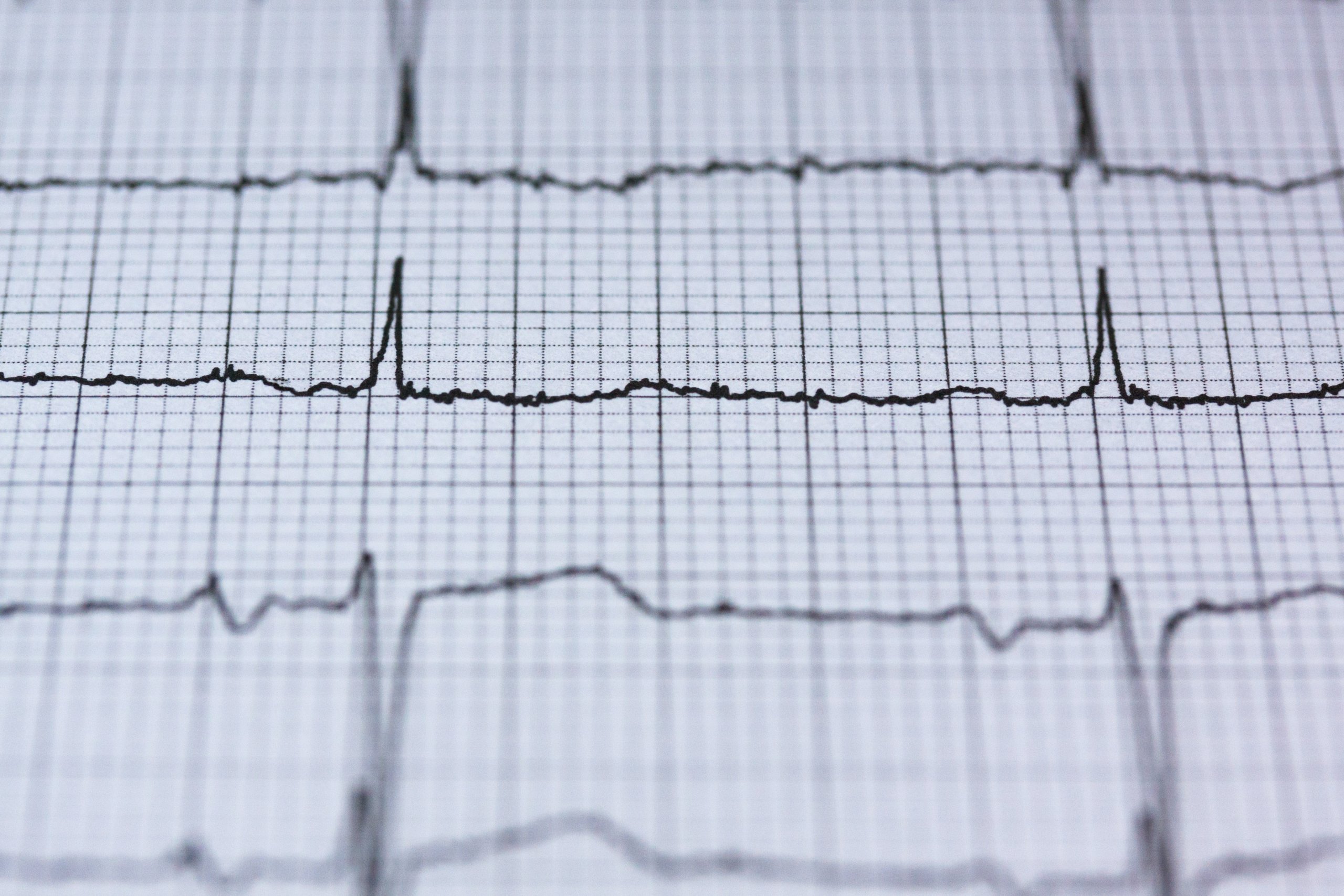 Artificial intelligence (AI) is impacting every industry. But its most profound effects will most likely be in healthcare. And with some major innovations being realized this year, 2019 is quickly becoming a testament to this fact.
Artificial intelligence (AI) is impacting every industry. But its most profound effects will most likely be in healthcare. And with some major innovations being realized this year, 2019 is quickly becoming a testament to this fact.
For example, IDx-DR, the first autonomous AI system that provides diagnostic support, was recently approved by the FDA. It detects symptoms of diabetic retinopathy in images of patients’ eyes. Using an algorithm, it can provide a diagnosis in minutes.
AI applications run the gamut in healthcare, and one specialty sorely in need of some technical help is cardiology. Thankfully, industry stakeholders are already hard at work on making AI that can get to the heart of this problem.
The Case for Cardiovascular AI
Each year, cardiovascular diseases kill 17.9 million people globally. They are responsible for almost one-third of all deaths worldwide. If there was a way to detect cardiovascular disease earlier, many issues could be easily managed by lifestyle and dietary choices.

One avenue in which AI could help is by improving echocardiogram analysis. Echocardiograms currently have a 20% misdiagnosis rate. It’s quite difficult to find signs of coronary artery disease (CAD) without a helping tool like AI.
Ultromics is an AI health applications development company working on fixing this misdiagnosis rate. Founded at the University of Oxford, the company is located about an hour and a half outside of London. Its new EchoGo software uses AI to analyze echocardiograms; it is pending FDA approval. The algorithm behind the software uses data points that are invisible to the naked eye to deliver a report with actionable insights for clinicians.
Machine Learning in Medicine
To train the algorithm, researchers fed it a ton of data. Using a subset of AI called “supervised machine learning,” the algorithm used thousands of images to effectively learn what heart disease looks like when accurately diagnosed. Then the algorithm learned what echocardiograms of healthy patients look like. It also was taught about imaging patterns that result in false positive diagnoses.
Creating its own database of patterns it recognizes, the algorithm can reference its own learnings and refine itself over time. What’s more, it can always use a helping hand of more training images, so its quality depends on its dataset and frequency of dataset updates.
As a result, the algorithm is able to return information like how likely a patient may get a heart attack in the next year. With incredible results like these, many people have wondered if the role of doctors is being threatened by AI. Short answer? No.
Working Hand-In-Hand for Healthier Outcomes
Does it have to be doctors against AI? We don’t think so; AI can do a lot of legwork for doctors and save them time for patient care and rest. It will be a long time before doctors are fully replaced by AI, and even then, most experts believe that doctors are one of the few professions whose jobs will never be replaced by AI.
Even if AI can help with diagnosis and surgery, experience and expertise go a long way to protect doctors from being usurped by technology. With the current state of AI, we’re focusing on identifying and analyzing niche, specific tasks and patterns. But doctors have much broader knowledge about the body and its interconnectivity. AI is still a very long way from making connections between diseases in patients.
But, if done correctly, AI can be an excellent collaborative tool for doctors that increases accuracy but saves time and money for everyone.
How Can We Be Sure?
That being said, achieving a 100% accuracy rate without creating a deep learning algorithm (which train on gigabytes of data) is difficult to achieve. But as more data is fed into an algorithm, provided it is quality data, will help improve accuracy rates and response times.

Like we mentioned earlier, because the AI doesn’t have the ability to analyze cardiovascular signs on a whole-body level, it cannot be 100% correct. Diagnoses often depend on other factors, like family history, exercise, and dietary modifications.
As these use cases increase, however, it is possible to increase the variables for the algorithm. But researchers must be careful when expanding the scope for AI algorithms; they inherently introduce more complexity and less accuracy into the analysis. In this case, it’s best to expand many medical algorithms by consulting closely with doctors and clinical experts.
And since insurance companies, doctors, and patients don’t share data with each other, it’s difficult to continuously train an algorithm with clinical data. One of the biggest hurdles that AI systems face in America includes retaining a steady data supply to train and refine their algorithms.
Looking Ahead in Cardiology
Cardiology will be impacted by many technologies over the coming decades, like the Internet of Things, machine learning, and augmented reality. But if we can improve the field little-by-little, instead of looking for a magic solution, we will find that our improvements compound over time.
Cardiology can become a specialty aided by technology, which benefits both patients and doctors. Patients can reduce unnecessary testing and surgeries, plan earlier for heart conditions, and work to improve their health before their issues become a problem. Doctors will perform less invasive surgeries, reduce supply waste, and improve their diagnosis rates.
Improving medicine for everyone can result in cost savings and death prevention. And with artificial intelligence app development in the picture, there’s plenty of room for improvement.
What healthcare application are you most excited about? How could it be enhanced by AI? Let us know in the comments below!





